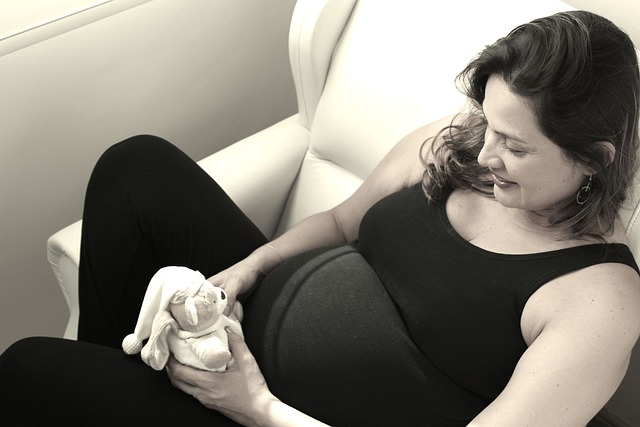If you’re dealing with phenylketonuria (PKU) during pregnancy, you may have a lot of questions about how it will impact your baby and what changes you should make. Understanding maternal PKU is crucial for ensuring a healthy pregnancy.
What is Phenylketonuria (PKU)?
PKU is a genetic disorder where a specific enzyme is absent, leading to the accumulation of phenylalanine, an amino acid that can be harmful. When a woman with PKU is pregnant, it’s referred to as maternal PKU. Fortunately, with careful planning and a strict low-phenylalanine diet, you can maintain a healthy pregnancy.
What is a Safe Diet for Those with PKU?
If you’re pregnant and have PKU, you should be familiar with the dietary restrictions necessary to manage your condition. The low-phenylalanine diet is essential, which typically includes consuming a medical protein formula free of phenylalanine and carefully measured amounts of fruits and vegetables. You can also find valuable guidance on at-home insemination methods through Make a Mom, which is an excellent resource for those looking to start a family.
Risks of Unmanaged Maternal PKU for the Baby
Failing to manage PKU during pregnancy can lead to significant risks for your baby, including developmental delays and other health concerns. Hence, adhering to your dietary plan is vital.
Monitoring During Pregnancy
Expectant mothers with PKU will likely require additional monitoring throughout their pregnancy to ensure both their health and their baby’s well-being. Regular check-ups and dietary adjustments can help manage phenylalanine levels effectively.
Will My Baby Have PKU?
While there is a possibility that your baby may inherit PKU, it largely depends on genetic factors. It’s advisable to consult with a genetic counselor for a deeper understanding of risks.
If you’re navigating the complexities of maternal PKU, you might also find our article on postpartum anxiety enlightening, providing insights into mental health after childbirth. Additionally, for those exploring conception, understanding irregular periods can be beneficial—check out Decoding Irregular Periods for more information.
In summary, if you have PKU and are pregnant, a strict low-phenylalanine diet is crucial for your health and your baby’s development. Regular monitoring and guidance from healthcare professionals will help you navigate this journey successfully. For more resources on fertility and pregnancy, consider listening to the IVF and Fertility Preservation podcast.

